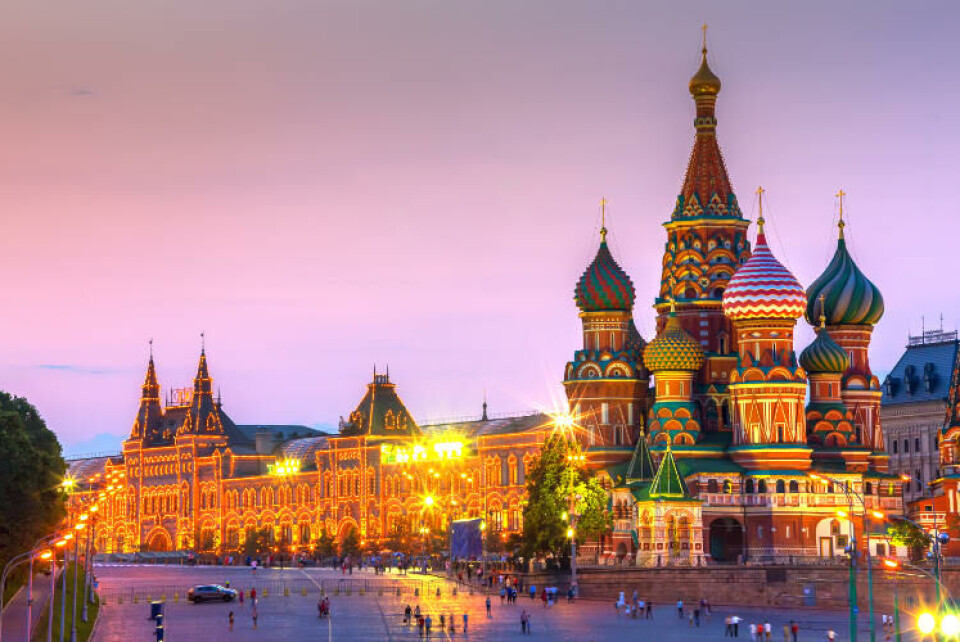
Russian market closed to salmon until end of 2018
The Russian market will remain closed to Scottish salmon exporters until the end of next year at the earliest in a tit-for-tat measure against the European Union.
The Russian government has decided to extend the ban set on perishable foodstuffs originating from the EU and its political ally, Norway, until the end of 2018 in response to prolonged economic sanctions faced by the country.
The measure was carried out through a decree signed by President Vladimir Putin a day after the EU announced the extension, for a period of six months, of economic sanctions on Russia in response to Moscow's role in the ongoing unrest in eastern Ukraine and its failure to uphold its end of a peace deal in that region.
Senior EU officials have accused Russia of failing to implement stipulations in the so-called Minsk agreement, which seeks to de-escalate the ongoing conflict between pro-Moscow separatists and the Ukrainian army in Ukraine's Russian borderland.
"The EU has decided to extend its anti-Russia sanctions. Russia will extend its response measures through 2018," said Russian Prime Minister Dmitry Medvedev in the wake of Brussels' decision.
The list of banned EU food products includes fruit and vegetables, meat, fish and dairy products.
The Russian government has extended its embargo twice in retaliation for the extension of the sanctions imposed by the EU.
Market stability
The extension of the ban should add market stability for Faroese salmon farming heavyweight Bakkafrost, which last year sold nearly a quarter of its output to Eastern European countries, and mainly Russia.
Salmon from the politically neutral Faroe Islands is not banned in Russia and Bakkafrost’s sales to that country increased significantly following the import ban of Norwegian and Scottish salmon.
In its 2016 annual report, Bakkafrost stated: “The ban resulted in a favourable market position and access for Faroese salmon on the Russian market from second half of 2014 and throughout 2015. But in late 2015, the sales to Russia decreased again and have stabilised on a lower level.
"It is uncertain how long the import ban for Norwegian salmon will last. Of the total sales of fresh whole salmon, the Eastern Europe market, where Russia is the main market, accounted for 23 per cent in 2016, compared to 42 per cent in 2014.”
Meanwhile, Bakkafrost today released its harvest volumes for the second quarter of 2017.
They are: Farming North, 13,600 tonnes; Farming West, 4,800 tonnes; total Q2 18,400 tonnes.
The harvest volumes are provided in head on gutted (HOG) equivalents.
Feed sales in Q2 2017 are 17,000 tonnes. Bakkafrost's fish meal, fish oil and fish feed subsdiary, Havsbrún, sourced 162,500 tonnes of raw materials in Q2 2017.
The full Q2 2017 report will be released on 22 August 2017 at 06:00 CET.























































